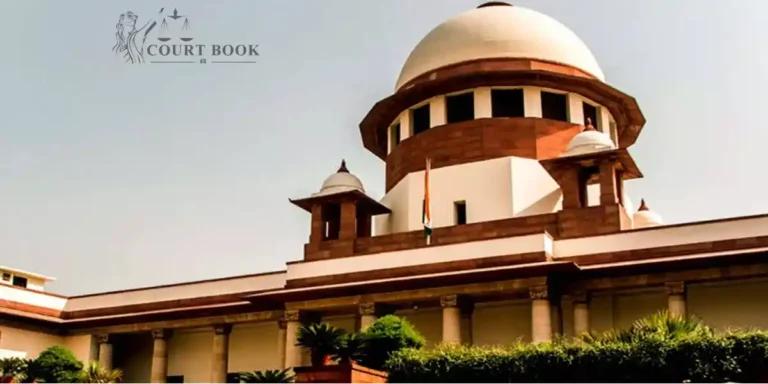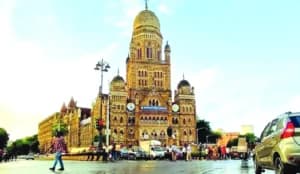Senior Advocate KK Venugopal on Tuesday, March 25, urged the Chief Justice of India (CJI) Sanjiv Khanna to assign the petition filed by the State of Kerala against the Kerala Governor to the bench led by Justice JB Pardiwala. This plea comes as the Kerala Government challenges the Governor’s prolonged delay in granting assent to bills passed by the state legislative assembly. Venugopal emphasized the urgency of the matter, especially given a similar petition filed by Tamil Nadu, on which Justice Pardiwala has already reserved judgment.
Highlighting the critical nature of the case, Venugopal stated:
"The Governor refers it (pending bills) to the President, the President keeps it for one year and three months, and yesterday we received, my lords, the rejection with regards to two bills... this is a very, very urgent matter."
Read Also:- Gujarat High Court Reserves Verdict on Asaram Bapu's Temporary Bail Plea in Rape Case
Upon hearing the request, CJI Khanna directed Venugopal to submit a mentioning slip for formal consideration. Acknowledging the urgency, the CJI signaled the possibility of listing the case before another bench and remarked:
"Please move the mentioning slip ... I'll see, I will maybe mark it to some other bench ... I'll mark it to some other bench given the timelines."
Venugopal further pointed out that Justice JB Pardiwala’s bench has already dealt with a similar issue involving the Tamil Nadu Government’s petition against its Governor, Dr. RN Ravi, for withholding assent on 12 bills. Given this precedent, he insisted that Kerala’s case be heard by the same bench for consistency in judicial approach.
"Judgment has been reserved by Justice Pardiwala, this may be referred to that bench."
In response, CJI Khanna assured that the court would consider the request and stated:
"We will just see."
Read Also:- Supreme Court Ensures Women's Representation in Karnataka's District Bar Associations
Background of the Case
The Supreme Court had earlier taken note of Kerala’s complaint against the state’s then-Governor, Arif Mohammed Khan, for allegedly delaying the approval of bills passed by the Kerala State Legislative Assembly for nearly two years. The court had also criticized the Governor’s conduct in this regard.
As the situation escalated, some of the pending bills were eventually referred to the President of India. However, upon receiving the President’s rejection of two bills, the Kerala Government decided to challenge the reference and the refusal to grant assent in the Supreme Court.
The State of Kerala filed a writ petition in 2024 to contest these actions, following which the Supreme Court issued a notice to the Union Government in July 2024.
Read Also:- Employment Claims Must Be Supported by Documentation: Supreme Court Ruling
This case raises crucial questions about the role of Governors in the legislative process and their discretionary powers in approving bills passed by democratically elected state legislatures. The court's decision in this matter could set an important precedent, influencing future interactions between state governments and Governors.
With a similar case from Tamil Nadu pending before Justice JB Pardiwala’s bench, the Supreme Court's decision on Venugopal’s request could determine whether the cases will be heard together or separately. The legal fraternity and political observers keenly await further developments in this significant constitutional dispute.
Case Title: The State Of Kerala And Anr. v Honble Governor For State Of Kerala And Ors. W.P.(C) No. 1264/2023 + The State Of Tamil Nadu v The Governor Of Tamilnadu And Anr. W.P.(C) No. 1239/2023 + State of Kerala v Union of India W.P.(C) No. 211/2024















